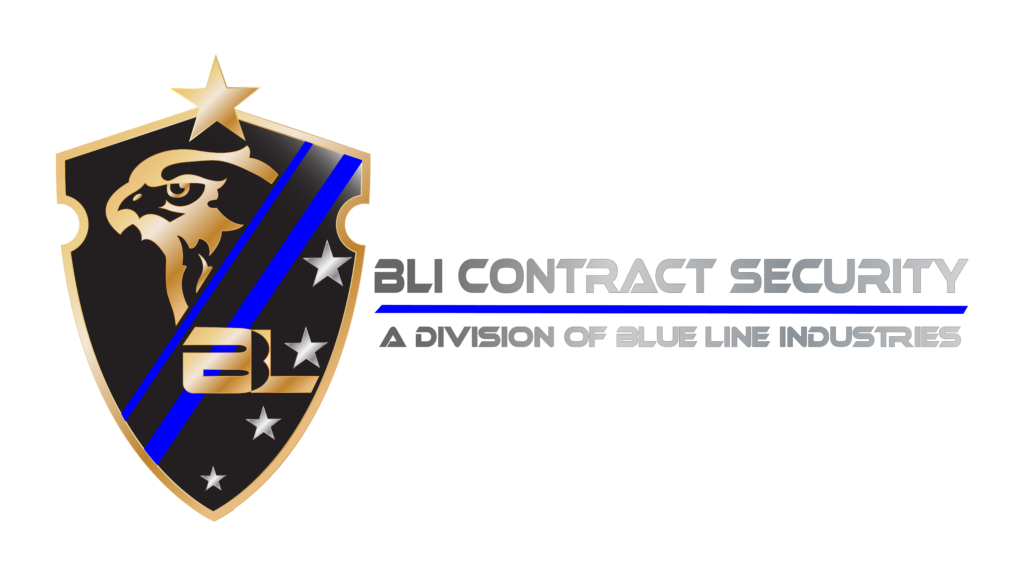The Distinction Between Physical Security and Security Guard Services: Roles, Training, and Effectiveness
When it comes to safeguarding people, property, and assets, security is a top priority for many organizations. However, there’s often confusion between two common security solutions: physical security and security guard services. While both play important roles in security, their functions, training, and effectiveness are very different. In this post, we’ll delve into these differences, with a focus on the important role of physical security personnel and the limitations of security guard services.
Physical Security: More Than Just Observation
Physical security refers to a comprehensive approach to protecting assets and individuals from various threats, including theft, vandalism, terrorism, and attacks. The individuals working in physical security are typically highly trained professionals who are not only capable of monitoring and securing a property but are also equipped to stop an attack and take direct action if needed.
Physical security personnel are typically trained in:
- Threat identification: Spotting potential dangers before they escalate.
- Use of force: If necessary, physical security personnel are trained to physically restrain attackers or use force to prevent damage, theft, or injury.
- Defensive tactics: These professionals are trained in self-defense and how to protect others if an attack occurs.
- Making arrests: In certain situations, trained physical security personnel can make arrests when a crime is being committed on the premises. This is typically within the scope of their training and legal authority, depending on the jurisdiction.
- Emergency response: Physical security personnel are also well-versed in how to handle emergencies, whether that involves evacuating people, managing a fire, or responding to a medical situation.
The overall focus of physical security is prevention and immediate action if an attack or threat occurs. Their training ensures they can handle serious security threats and protect both the property and the people involved.
Security Guards: Limited Functionality and Training
On the other hand, security guard services typically offer a more passive form of security. Security guards, while valuable for monitoring a location and providing a visible deterrent to crime, generally do not have the same training or authority as physical security personnel. Here’s why:
- Limited Training:
- Most security guards receive minimal formal training if any at all, often focused on basic observation and reporting. This could include learning how to monitor security cameras, conduct patrols, and ensure doors or gates are secure. However, they are not trained to handle complex or dangerous situations, and their ability to respond to incidents is limited.
- Unlike physical security personnel, security guards are rarely trained in defensive tactics, emergency response, or the use of force. They typically do not know how to safely subdue an attacker or defend themselves and others in a physical confrontation.
- No Authority to Make Arrests:
- Security guards will not make arrests, even if they witness a crime. Their role is primarily to observe and report, meaning they are expected to call the police if something suspicious or dangerous occurs. Guards are not expected to intervene directly in criminal activities or handle confrontational situations.
- If a threat arises, a security guard’s response is typically limited to alerting law enforcement or other authorities rather than taking action themselves.
- Wages and Motivation:
- In many cases, security guards are employed at minimum wage, and their compensation often doesn’t align with the high level of responsibility that might be expected of them. This can result in lower motivation and job satisfaction, potentially affecting their performance.
- Because security guards do not usually have specialized training or authority, their role often revolves around monitoring and reporting rather than actively preventing or stopping incidents.
- Lack of Immediate Action in Dangerous Situations:
- In a high-risk or dangerous situation, security guards are generally not equipped to physically intervene. If a crime or attack occurs on the premises, their immediate response is most often limited to contacting the police or emergency services. Guards are not likely to stop a crime in progress or confront an attacker themselves.
Why Physical Security Is More Effective
When it comes to protecting a business or critical asset, physical security personnel bring added value that goes beyond simple observation. Their specialized training in threat response, defensive tactics, and arrest procedures makes them far more equipped to handle violent incidents, criminal activity, or dangerous situations than security guards. The combination of physical security technology and trained personnel provides a more robust, proactive defense against threats.
While security guard services have their place, particularly in less risky environments or as an extra layer of surveillance, they should not be relied upon for handling violent incidents or complex security threats. They are not equipped to take down an attacker or prevent serious crimes in real time.
Conclusion
In summary, while both physical security and security guard services contribute to a safer environment, physical security personnel are trained to actively respond to threats, stop attacks, and make arrests if necessary. They play a critical role in preventing and addressing high-risk situations effectively. On the other hand, security guards are typically limited to monitoring, reporting incidents, and calling the police. They often have minimal formal training and are not authorized or trained to intervene in dangerous situations.
Ultimately, organizations seeking comprehensive protection should consider the difference between these two types of security services and choose based on the level of risk and the type of protection they require.
